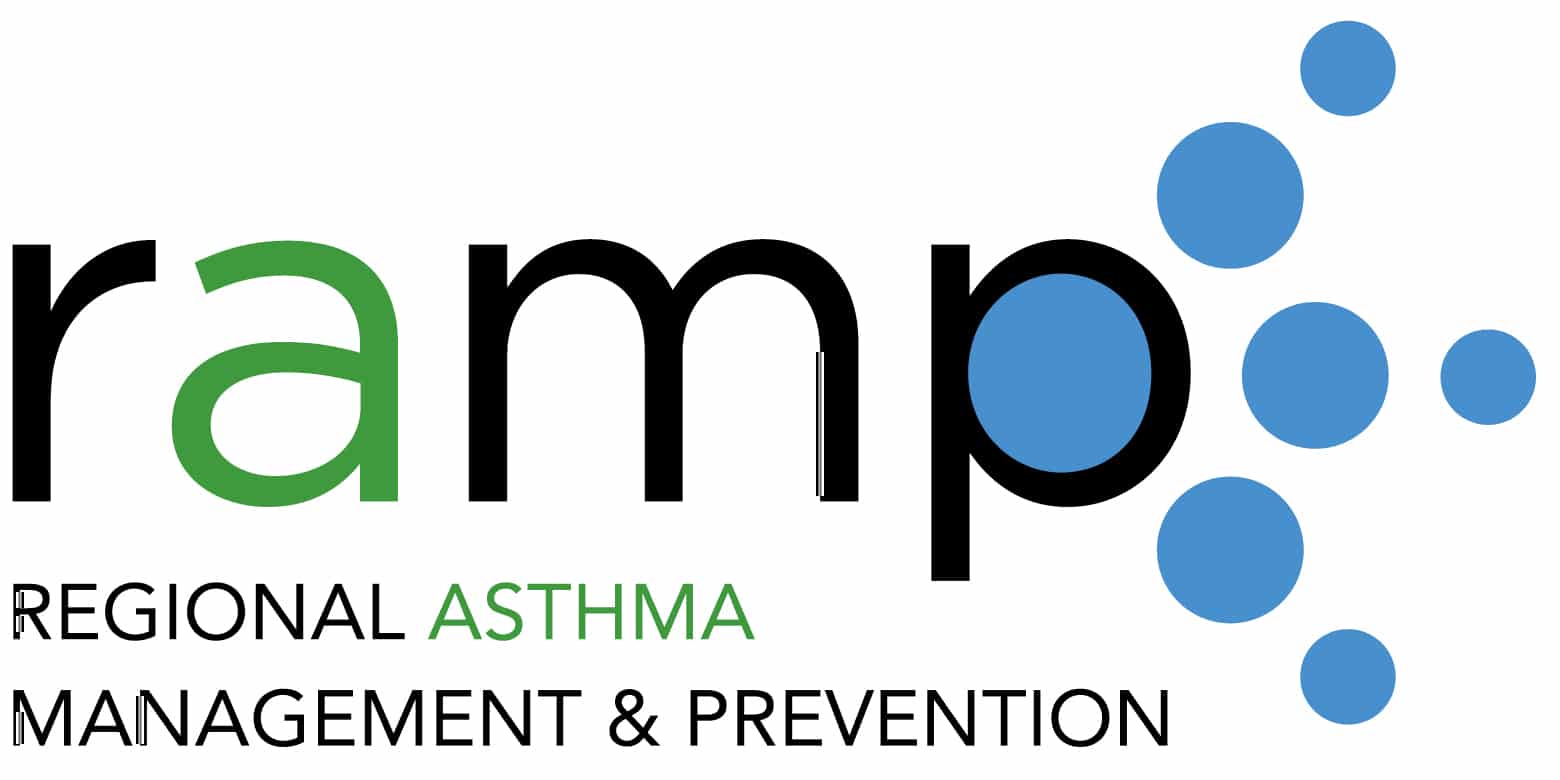On November 15th, 2023, from 1:00-3:00 Pacific, researchers presented findings from an analysis quantifying the impact of exposure to air pollution from train and port operations, as well as air toxics from multiple sources, on asthma symptoms and Emergency Department (ED) visits within vulnerable communities in Southern California. The webinar recording is available here.
The California Air Resources Board funded the research, which was administered by the University of California, Berkeley. As part of the project, RAMP facilitated connections with organizations and coalitions focused on asthma in communities across Southern California so they could provide input and feedback on the study.
Communities located near freight transportation facilities such as port and railway operations are exposed to different sources of pollution including nitrogen dioxide (NO2), particulate matter 2.5 (PM2.5) as well as metals from traffic pollution, port and railway operations, and industry. In the study, researchers developed models to identify air pollution concentrations in these communities, and data collected from patients using medication inhalers were linked with the air pollution exposure data to assess the impacts of these exposures on asthma.
Highlights from the study include:
- Increased medication inhaler use was linked to exposure to PM2.5 and NO2 from port and railway operations. Specifically, medication use increased about three times from port and railway exposures in highly impacted communities, and NO2 exposure had two times and PM2.5 exposure had six times greater effects on medication use in highly impacted communities.
- Both port and railway exposure and NO2 and PM2.5 exposure had significant impacts on ED visits, with socially disadvantaged groups experiencing a higher burden. (The ED visits analysis is preliminary, and more study is needed to confirm the results.)
The results of the research reinforce the critical importance of continuing to reduce pollution from the freight transportation sector, both to reduce the burden of asthma as well as to close pollution exposure gaps among various communities.
One of RAMP’s goals is Healthy Air for All.

